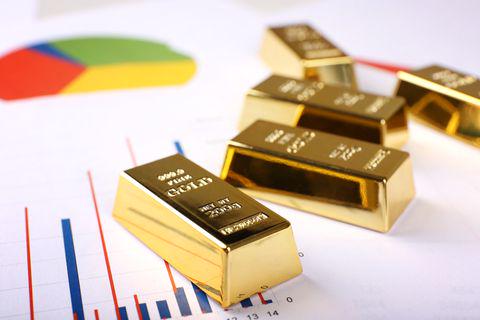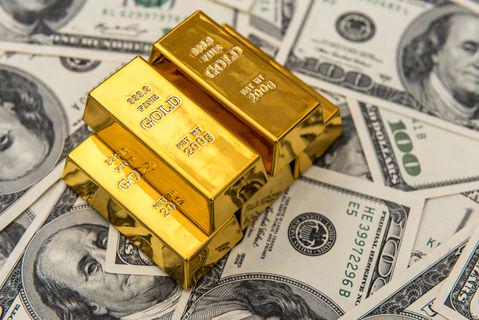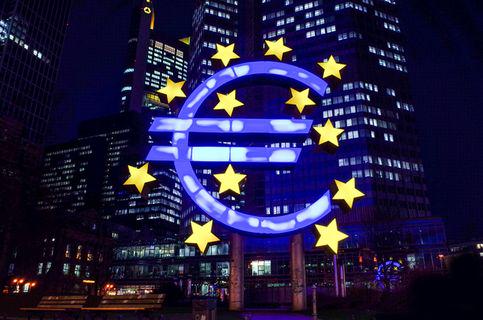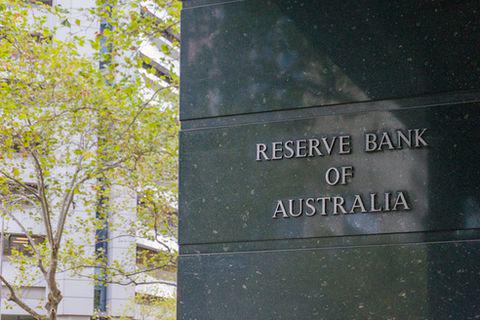
Suddenly, the US Dollar Index fell 6.70% over the last two weeks, marking the biggest decrease in the currency since 2020.

Don’t waste your time – keep track of how NFP affects the US dollar!
Data Collection Notice
We maintain a record of your data to run this website. By clicking the button, you agree to our Privacy Policy.

Beginner Forex Book
Your ultimate guide through the world of trading.
Check Your Inbox!
In our email, you will find the Forex 101 book. Just tap the button to get it!
Risk warning: ᏟᖴᎠs are complex instruments and come with a high risk of losing money rapidly due to leverage.
68.53% of retail investor accounts lose money when trading ᏟᖴᎠs with this provider.
You should consider whether you understand how ᏟᖴᎠs work and whether you can afford to take the high risk of losing your money.
Information is not investment advice
Before we answer the questing in the headline, it is important to remember that the circumstances were not ideal for gold during 2021. Yes, the uncertainty was there due to the ongoing waves of the pandemic. Also, inflation was starting to boil, despite repeated efforts of central banks to calm it. However, the US dollar was the winner, not gold. The greenback has bounced back after the US Dollar index recorded its lowest level in December. The real yields were trapped within the 0.50% range over the year after having already seen repeated declines for two years.
Apart from inflationary pressures, all other factors were serving as tailwinds to gold after reaching $2000 in August 2020. But inflation along with the slowing global economy are the factors that make gold shining brighter.
Gold prices rose in recent weeks, as investors turned to safe-haven assets amid rising tensions between Russia and Ukraine. In addition, gold provides a place to hide from out-of-control inflation, and there is no sign that it is going to calm down anytime soon.
The latest CPI data also confirms that the US inflation is still very hot after rising 7.9% year on year. Geopolitical tensions and strong inflation numbers have encouraged some traders to bet on higher gold prices over the next few weeks. Therefore, 2022 gave gold a gift to rise above $2000 for the first time since December 2020.
With gold seen as a hedge against inflation, prices still have room to go up. The uncertainty has pushed investors to buy gold. What are the factors that will help gold rise?
Gold's recent rally is just the beginning of a bigger move in the long term, even if the sentiment among Wall Street and traders weakens in the near term. After the precious metal rose above $2000, this may be a sign that it needs to calm down a bit. There is no doubt that gold is in an uptrend, but some consolidation is needed. Everything that happens around gold supports its long-term rally.
In the end, the war between Russia and Ukraine caused major movements in commodities. Since the invasion on the 24th of February, the prices of oil, gold, uranium and even soft commodities such as wheat have skyrocketed. Although a diplomatic solution to this conflict is likely, the war will have a genuine effect on the markets for years to come.

Suddenly, the US Dollar Index fell 6.70% over the last two weeks, marking the biggest decrease in the currency since 2020.

Many investors treated gold as a protection against inflation. However, last week, gold lost its major support and dropped despite rising inflation. Why did it act like this?

US dollar gains ahead of the US CPI data on July 13th, pressing gold to new lows!

eurusd-is-falling-what-to-expect-from-the-future-price-movement

Greetings, fellow forex traders! Exciting news for those with an eye on the Australian market - the upcoming interest rate decision could be good news for Aussies looking to refinance or take out new loans. The Mortgage and Finance Association Australia CEO, Anja Pannek, has...

Hold onto your hats, folks! The Japanese yen took a nosedive after the Bank of Japan (BOJ) left its ultra-loose policy settings unchanged, including its closely watched yield curve control (YCC) policy. But wait, there's more! The BOJ also removed its forward guidance, which had previously pledged to keep interest rates at current or lower levels. So, what's the scoop? Market expectations had been subdued going into the meeting, but some were still hoping for tweaks to the forward guidance to prepare for an eventual exit from the bank's massive stimulus
Your request is accepted.
We will call you at the time interval that you chose
Next callback request for this phone number will be available in 00:30:00
If you have an urgent issue please contact us via
Live chat
Internal error. Please try again later